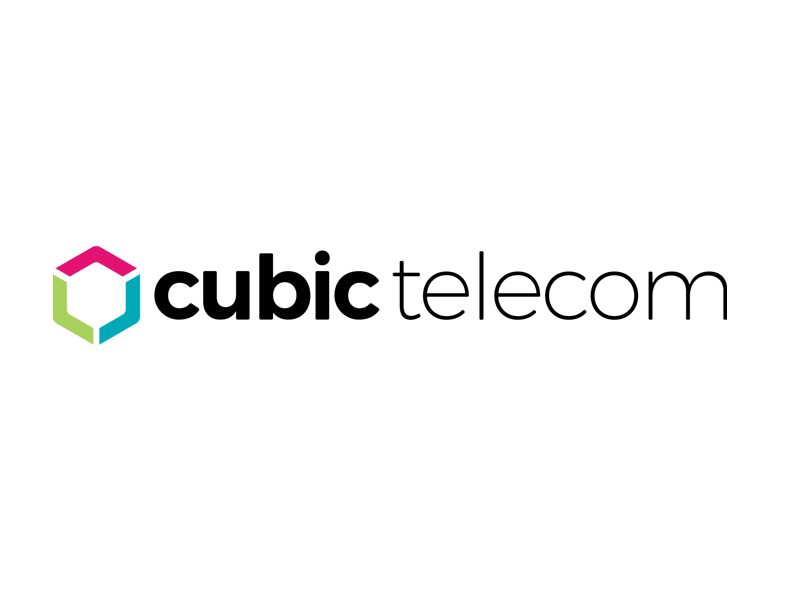How Communication Service Providers can add value to drone operations
Autonomous and remotely controlled drones – just like GPS, and the Internet itself - have evolved past their military origins to become not just useful, but almost paramountfor any businesses that have incorporated them into their daily operations.
According to The Business Research Company (2020), the global commercial drones market (which makes up 13% of drone sales) was valued at about $3.45 billionin 2018 and is expected to grow to $7.13 billion by 2022at a CAGR of 19.9%.
Cubic sees opportunities for connected commercial drones in a handful of verticals including Agriculture, Energy as well as Transportation. Across these verticals, applications can include the following:
Precision Farming
Farmers can use drones to plant seeds, analyse the growth of crops and grass, detect crop infestations, and deploy thermal sensors to track cattle. These types of use cases save farmers money and protect the environment.
Construction and maintenance management
Drones can be sent to monitor sites to plan maintenance work ahead of and during deployment. Additionally, drones - through increased load bearing capacity – can be used to transport spare parts to remote or difficult locations.
Fault detection
Drones are fitted with LIDAR and thermal cameras to detect cause for potential downtime in company assets. These faults could include emissions leaks from cracked gas pipes, or damage to solar panels. These disparities are usually invisible to the human eye not to mention being in remote and challenging locations that make human intervention difficult.
Disaster recovery and humanitarian support
In the wake of an emergency, drones can search for missing people and analyse the extensive damage of a catastrophe. They can also supply medical delivery. During the Covid-19 pandemic, several Proof of Concepts were performed globally to help vulnerable people in self-isolation, delivering food supplies and vital medicines. In Ireland, drone start-up Manna stepped in to carry this out.
Cubic connects drones
During the pandemic, Cubic teamed up with Manna, who pivoted from a concept of delivering fast food to delivering medication and critical supplies via drone to elderly people in self-isolation.
In April 2020, Ireland’s aviation authority approved Manna to deliver these supplies to residents in the rural town of Moneygall, Offaly. Cubic provides embedded software that allows for real-time data to be exchanged between drone, pharmacy, doctor and end-customer in order to enable seamless communication with minimal latency at all stages of the drone delivery process.
Manna is now set to expand its service to other towns in Ireland and the UK. Non-medical products such as groceries could also be delivered.
Drones and the value of partnering with Communication Service Providers (CSPs).
Cubic’s connectivity for Manna is just one of many projects where a CSP can add value to drone operations. In general, these services can be broken down into the following:
- Differentiated service levels and business models: This is where CSPs offer their core business services across next-generation networks in order to offer differentiated service levels for massive broadband, low-latency, conservative power consumption etc. Ideally with flexible per-connection, pay-as-you-go and subscription models.
- Data intelligence services & cloud services : With billions of events generated from IoT devices, CSPs can leverage the collected data to create analytical models in use cases such as safety, remote operations, performance (uptime) as well as cloud services including Over-The-Air (OTA) device management
- Managed services: Exposing IoT Platforms to third-party service delivery and operations providers seeking to benefit from service automation, secure multitenancy etc.
Technologies driving the drone revolution
Key technologies that are enabling the full potential of autonomous and remote controlled drones include:
- 5G connectivity: for faster control and command.
- Nanotechnology: to fit smaller more powerful sensors onto drones to increase their data collection ability.
- Additive Manufacturing: which will enable the 3D printing of complex structures for prototyping and repair.
- AI and Blockchain will also add value regarding data decision making and encryption.
Conclusion
As technology converges to make drone operations more technically viable, costs will reduce through economies of scale. By delivering the services mentioned above, CSPs will be of huge importance to all members of the drone ecosystem - from OEMs, to software companies, and even vertically-focused end-to-end service providers.
Learn more on the topic of connectivity driving performance in Drone-Delivery-as-a-Service at Cubic Telecom’s next webinar on Tuesday 30th June. Hear Manna’s story of how a pandemic impacted its drone delivery mission and how Cubic Telecom’s real time insights gleaned from seamless connectivity powers safe and efficient drone deliveries. Register here.

